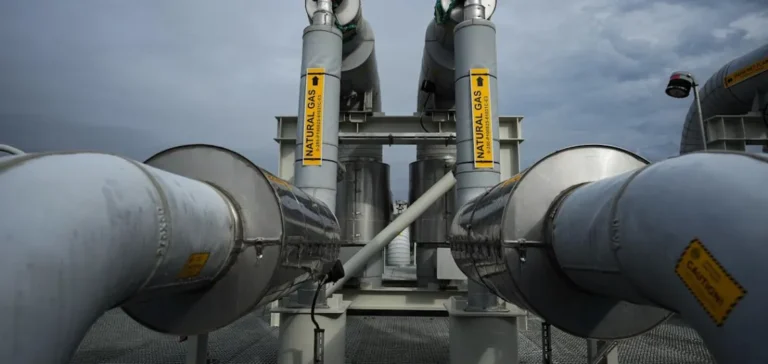Canada’s Minister of Natural Resources, Tim Hodgson, confirmed that the federal government has yet to receive an official proposal from the private sector regarding the construction of a pipeline intended to transport crude oil to the Pacific coast. According to the minister, the responsibility now lies with businesses, which must assess the commercial viability of such a project in light of recent regulatory changes designed to facilitate approvals, recently passed by the Canadian Senate. This legislation, initiated by Prime Minister Mark Carney, aims to make Canada’s oil sector less vulnerable to U.S. trade policies, particularly recent tariff increases. Despite these favorable measures, no oil company has yet stepped forward with a concrete investment proposal.
Provincial Initiative in Alberta
Last June, Alberta Premier Danielle Smith announced that her province was actively working on a pipeline route proposal leading to the Port of Prince Rupert, British Columbia. This project would be developed in parallel with Pathways Alliance, an ambitious carbon capture and storage initiative proposed by a consortium of oil sands companies. The decarbonization project is estimated to cost between C$10 and C$20 billion and is considered essential by federal and provincial authorities for the pipeline’s realization. Hodgson reiterated that any future pipeline must be linked directly to this carbon emission reduction program.
Enbridge Remains Cautious Amid Regulatory Conditions
Canadian company Enbridge, a major player in the country’s pipeline sector, has expressed caution regarding the development of a new pipeline to the Pacific coast. The company recently stated in a written communication that its potential involvement would heavily depend on significant changes to provincial and federal regulations. Enbridge notably emphasized the need to adjust the federal carbon pricing policy to make the project economically viable. Historically, the company has faced numerous legal and regulatory challenges, particularly during the Trans Mountain expansion project, which explains its current cautious stance.
Historical Challenges and Commercial Stakes
In recent years, pipeline projects in Canada have encountered major regulatory and financial difficulties. The Trans Mountain expansion project represents an emblematic example, characterized by significant budget overruns linked to regulatory delays and complex legal proceedings. These obstacles have frequently discouraged private investors, partly explaining the current absence of concrete proposals. Canada’s central objective, however, remains clear: diversifying its oil export markets to reduce its commercial dependence on the United States.
With the regulatory framework clarified, it is now up to investors and Canadian oil sector businesses to evaluate the benefits and risks associated with a pipeline project to the Pacific coast.






















